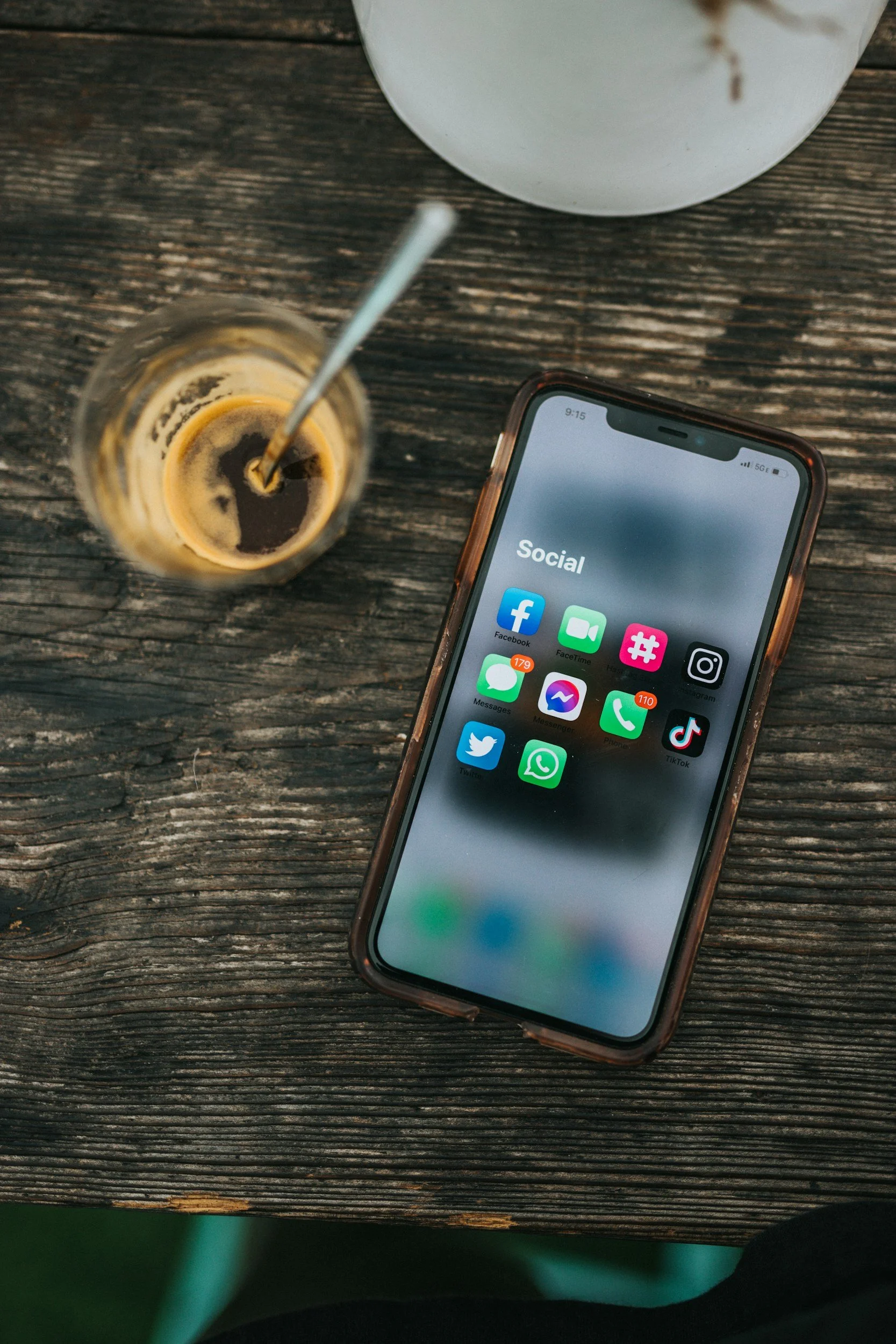Our son with a hearing loss opened up our family’s world and made us all stronger.
By Sahar Reiazi
Our 7-year-old son Sina is the only person with a hearing loss in our family of five. He opened a door into the world of hearing loss to us. But when that door initially opened, we were unsure how to enter this new territory.
Sina was born with a profound hearing loss in both ears and, after getting hearing aids at age 6 months, received cochlear implants around age 2 years old.
But Sina held our hands and taught us everything we needed to know. As he grew, we grew. He has made all of us stronger, and we have tried to empower him in return.
My children usually open up to me right before bedtime, which is an upgrade for me as previously it was when they were on the toilet! One night we were having a hard time sleeping as it was the New Year and we were being bombarded with a lot of noise from fireworks and other sounds of celebration.
Sina was handing his devices to me when he said, “I’m so lucky. I can turn my ears off and have a good night’s sleep.” We all expressed how jealous we were, but at the same time we were secretly happy for him.
This feeling “lucky” comes from how he sees that being deaf is just another kind of ability, not disability. How many of us can experience total and complete silence? How exhilarating it must be. As a parent of three young kids I must say I wish I possessed that superpower sometimes.
They say we are afraid of the dark because it is an unknown zone. That resonates with me regarding Sina’s hearing loss. My husband is a sensitive man, and hardship affects him more severely than the average person.
When Sina was diagnosed with a hearing loss, I was crumbling while my husband found courage inside him. He put his whole life and career on hold for a year so Sina could get cochlear implants and we could enroll him in early intervention programs.
Sina and his sisters Ghazal and Saghar.
Now, anytime we hit a hurdle in our lives my husband often doubts he can get through it. But I remind him how he got us through the time when Sina’s hearing loss journey started, and it suddenly makes him believe in himself again.
The reason why we were both so scared was that the world of hearing loss was an unknown zone for us. As we learned, we grew and we were no longer in the dark. We were no longer scared.
Our daughters—Sina’s twin Saghar and their older sister Ghazal, age 9—have a greater compassion for peers in school because they have witnessed firsthand that it is okay to be different. By stepping through the door to the world of hearing loss, their horizons have expanded.
When they see something “different” my children are not scared. On occasion they have shared with me that they’ve stood up for the friend who is “different” at school, whether it is a differently abled child or a child from a different cultural background.
Saghar once told me she defended a fellow student who was being bullied, rubbing her back as she asked the student, “Do you need a hug? It’s okay to cry. Let it all out.” My heart was bursting from joy and pride when she told me this. I knew that having a twin brother with a hearing loss has helped Saghar grow beyond her years.
I regularly tell Sina how lucky we are to have a person who has a different ability in our family. When he was younger he would ask me, “Am I the only deaf person in our family?” And I’d exclaim with excitement as I proudly answered, “Yes, yes you are!” Sina has changed us all, for the better.
Sahar Reiazi wrote the cover story of the Spring 2021 issue of Hearing Health magazine about her family’s journey with cochlear implants. She and her friend Hiroko Endo, whose family appeared on the cover of the Summer 2022 issue, and who is the founder of Anfini Global, an online language school for cochlear implant students, continue to help source used cochlear implant processors to donate to families who live in countries where the technology is less accessible. This story appears in the Spring 2024 issue of Hearing Health.









These findings suggest that the ability to integrate what is seen with what is heard becomes increasingly important with age, especially for cochlear implant users.